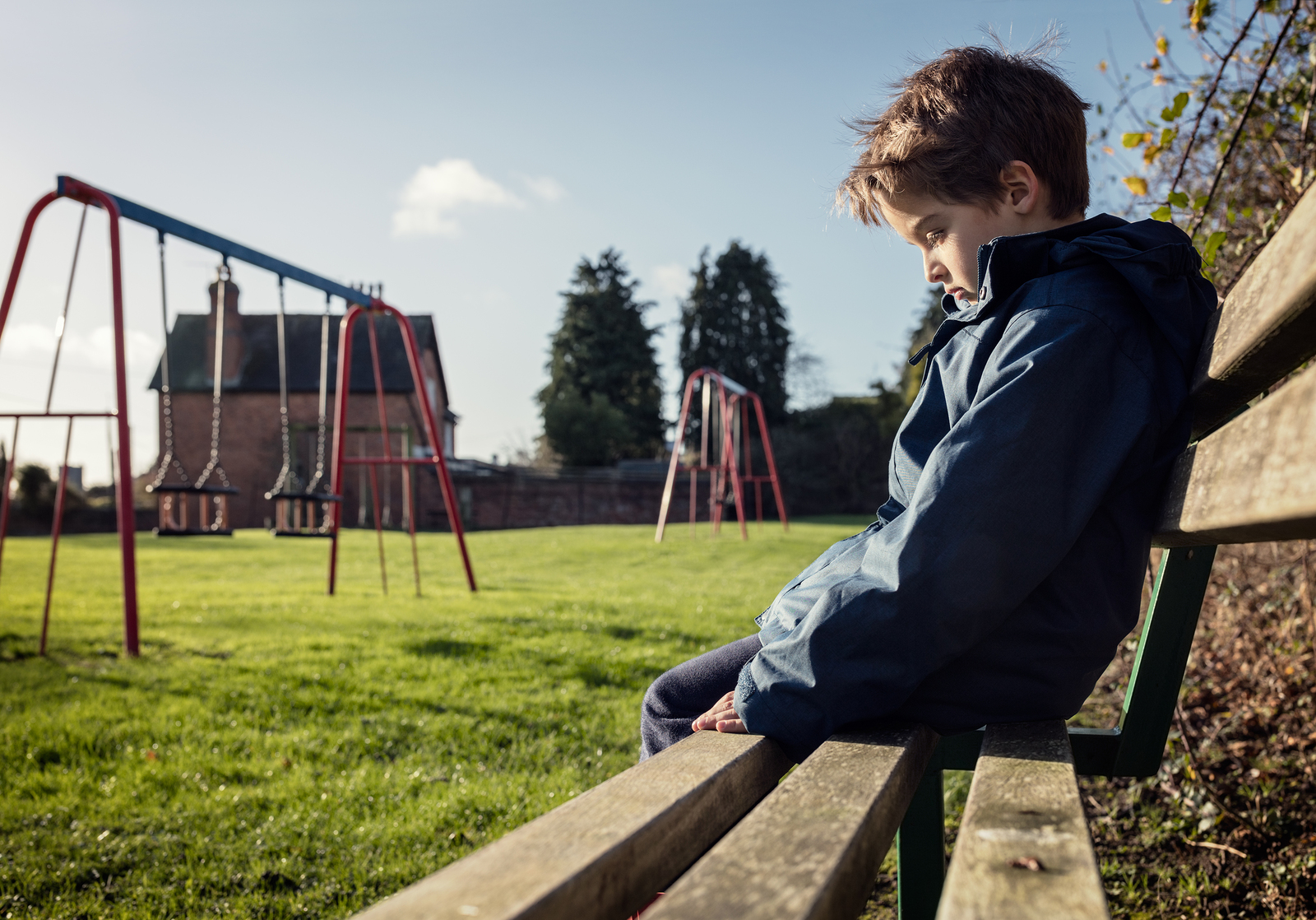What You Really Should Know About Child Kidnapping

By:
If you're a parent, odds are that you won't leave your child unattended in public for more than a second, and it's not hard to imagine why: Television and movies frequently depict parents looking away for a moment, only to have their child kidnapped by some unknown predator. A long and suspenseful police investigation ensues, ending with tragic results.
But the reality is somewhat different: The odds of your child actually being kidnapped by a stranger are extremely low.
Statistics vary, but several sources suggest that the odds of your child being kidnapped are about one in 300,000. To put that in perspective, the odds that you'll choke to death are around one in 3,400.
Even so, you probably shouldn't let your children go anywhere without worrying about them, because doing that would certainly increase the odds of someone kidnapping them. Still, the numbers show that you are likely more worried about a kidnapping threat than you need to be.
"The fear of children being kidnapped by strangers has been whipped up repeatedly in the U.S., often by cable news programs in search of ratings, fearmongering politicians seeking votes, and advocacy groups raising money," Barry Glassner, author of "The Culture of Fear," told ATTN:. "In fact, the odds of a child being kidnapped by a stranger are so low that it is about the last thing a parent needs to worry about."
It's unfortunate that parents are overly concerned with kidnapping, Glassner said: The consequence is that they keep kids inside or shelter them in unnecessary ways.
Even when parents know how low the chances are that their child will be kidnapped, they still fear kidnappings, the Denver Post reported in 2010. The myth of frequent kidnappings is so ingrained in parents' minds that they just can't get over it, even when they know it's based on misinformation. (The Post cited experts who found that most missing-children cases involve kids who ran away from home for a period of time.)
 Bigstock/Flynt
Bigstock/Flynt
Even when a child is abducted, it's usually by someone known to the family, such as a relative or a friend. Some 75 percent of kidnappings are perpetrated by family members or friends, according to the Department of Justice.
Things are changing. After decades of stoking the fears of parents, the media appear to be decreasing the amount of attention they devote to kidnapping cases.
"What has decreased is the barrage of media attention to individual cases and the accompanying materials such as Advo cards, faces of lost children on milk cartons, posters, etc.," Paula Fass, author of "Kidnapped: Child Abduction in America," told ATTN:. "The media has become more aware of the degree to which it inflamed the anxiety among the public and has been more responsible when reporting child abductions to note that the cases of stranger kidnappings are rare."
Kidnapping fear could be a sign of a greater fear of a child not being adequately cared for or protected, Fass said. This is similar to other irrational fears, such as the fear of vaccines or worries about faulty car seats, she said.
"Our current fixation on pedophilia is probably our biggest misconception of the issue," Fass said. She said there is little evidence that a large number of kidnappings are based on the desires of pedophiles. She said perceptions of kidnapping motives have changed over time, from ransom kidnappings to political kidnappings, and pedophilia is the big concern in this decade.
With cell phones and technological tools like Amber Alert, it seems keeping kids safe will only get easier. Whether parents actually believe their kids are safe might be another story.
